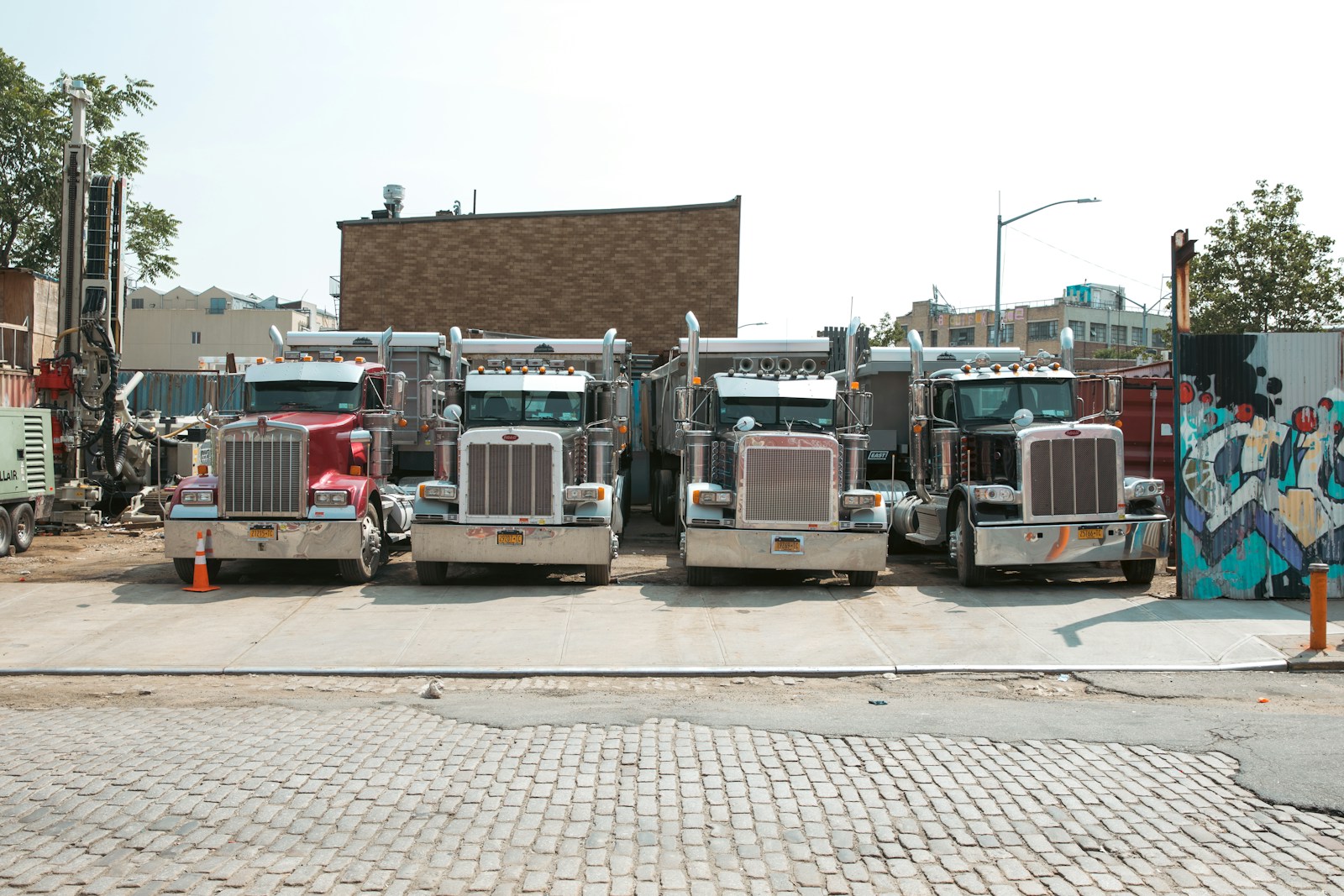
When to Update Your Commercial Auto Policy: Adding Vehicles or Changing Drivers
Each vehicle you add to your business brings logistical and financial changes. Some policies may automatically offer limited coverage for new vehicles for a brief period, while others may require immediate updates to reflect their use.
When you acquire or lease a vehicle, contact your agent. Details such as make, model, purchase date and intended use affect premiums. If the vehicle will be used in different geographic regions or for new types of deliveries, those elements should be shared.
It’s also worth reviewing your overall fleet makeup. If your business grows to include more specialty vehicles, like refrigerated trucks or passenger vans, you may need to evaluate whether your current policy structure still makes sense. A standard policy for a smaller fleet might not work for a more complex lineup of vehicles with varied purposes.
When Drivers Change, So Should Your Policy
Insurance carriers often assess risk based on driving history, license class and experience level, making updates critical.
Each time you hire a new driver who will operate a commercial vehicle, let your agent know. Details such as their license number, driving record and employment status help with underwriting decisions.
Businesses that rely on temporary drivers or seasonal workers may need flexible policy options or endorsements to handle the ebb and flow of staff. Failing to update your policy can lead to complications if a claim is filed after an incident.
Contact Us
If you’re changing your fleet or staff and want to confirm that your commercial auto policy is keeping pace, contact Auto Pilot Insurance.
This blog is intended for informational and educational use only. It is not exhaustive and should not be construed as legal advice. Please contact your insurance professional for further information.
Categories: Blog, Commercial Auto Insurance
